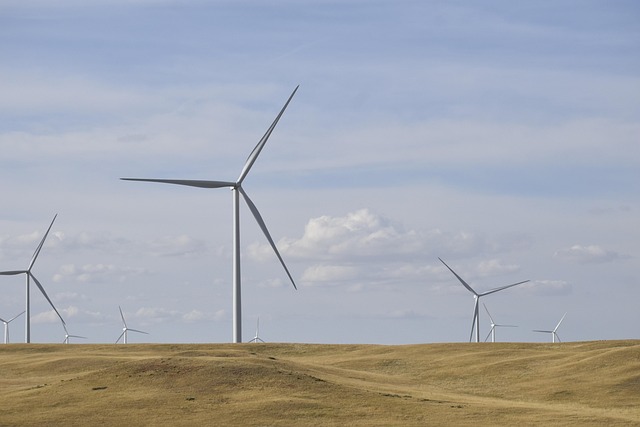Understanding Energy Policy in a Warming World
The issue of energy policy has never been more pivotal as we grapple with the realities of a warming planet. As our world faces escalating temperatures, rising sea levels, and increasingly severe weather, it is crucial to reassess our approach to energy production and consumption. Navigating the complexities of energy policy means balancing the urgent need for transition with economic stability, societal well-being, and environmental integrity.
The Interconnectedness of Energy and Environment
Our energy choices profoundly affect the environment. Traditional energy sources, such as fossil fuels, have dominated global energy systems for decades, but their environmental toll is significant. The greenhouse gases emitted from burning these fuels are key contributors to climate change, directly impacting ecosystems, human health, and biodiversity.
As we confront the realities of a warming world, we must advocate for energy policies that pivot towards renewable resources. Solar, wind, and hydroelectric power not only present viable alternatives but also pose minimal harm to our climate. The challenge lies in integrating these alternatives into existing frameworks while ensuring resilience and equity.
Climate Change: A Call to Action
Climate change is not just an environmental issue; it’s a humanitarian crisis demanding our immediate attention. The energy policy we choose will inevitably shape our future and influence generations to come. Communities across the globe are already experiencing the impacts of climate change, from agriculture disruptions to displacement caused by extreme weather events. This stark reality underlines the importance of thorough and forward-thinking energy policies that not only aim for reduction in emissions but also promote adaptation strategies.
Investing in clean energy infrastructure creates jobs and stimulates economies while reducing vulnerability to climate impacts. It is a chance for policymakers to unite communities, fostering a sense of collective responsibility towards both energy consumption and environmental stewardship.
The Role of Individuals and Communities
While government and corporate actions are vital, individual and community engagement plays a significant role in driving momentum for change. Simple actions, such as advocating for sustainable practices, supporting local renewable energy initiatives, or participating in policy discussions, can make substantial differences. When communities come together to demand responsible energy policy, they can drive swift transformations in how energy is produced, consumed, and valued.
In an age marked by an urgent call to address climate change, it becomes increasingly necessary to engage with new energy policies that honor the delicate balance between consumption and preservation. By reimagining our energy future—and embracing innovation alongside sustainability—we can aid in creating a world that thrives both environmentally and socially.




